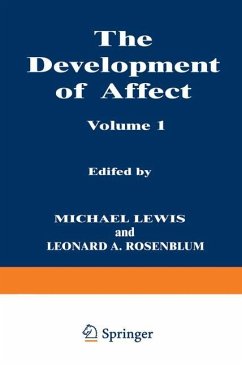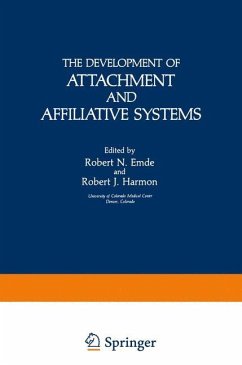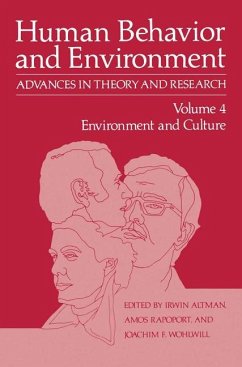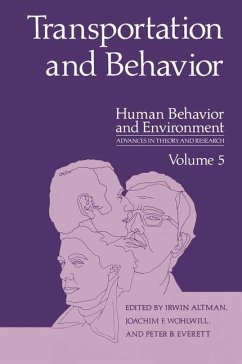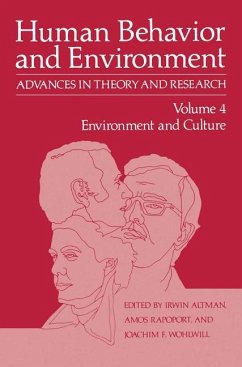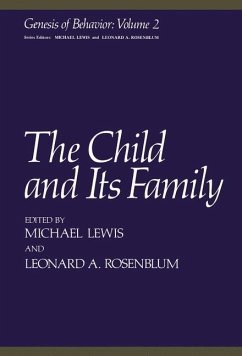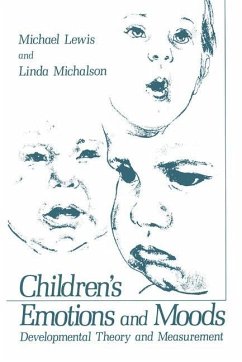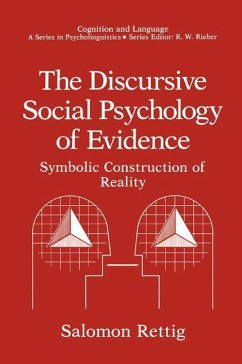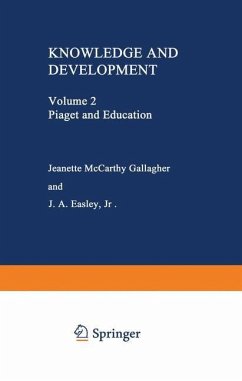
Knowledge and Development
Volume 2 Piaget and Education
Herausgegeben: Gallagher, J. M.

PAYBACK Punkte
20 °P sammeln!
IRVING E. SIGEL This volume of essays is a broad-gauged effort directed at reflections on the applicability of Piagetian theory to education. Identification and de termination of the relevance of Piagetian theory to education is of course not new. The bibliographies in this volume do attest to that assertion. Then why the persistent interest and why still another volume? Rather than deal with the relevance of each article to these issues, let us deal with the basic question of why such continued interest in application of Piagetian theory to education, and further raise the problem of the feas...
IRVING E. SIGEL This volume of essays is a broad-gauged effort directed at reflections on the applicability of Piagetian theory to education. Identification and de termination of the relevance of Piagetian theory to education is of course not new. The bibliographies in this volume do attest to that assertion. Then why the persistent interest and why still another volume? Rather than deal with the relevance of each article to these issues, let us deal with the basic question of why such continued interest in application of Piagetian theory to education, and further raise the problem of the feasi bility of such a task. Three questions come immediately to mind: Why the interest in applicability? What are some of the problems that arise in application? Is Piagetian theory applicable to education? Why the continued interest in application of Piagetian theory in education? The answer to this question resides in the sociological and educational issues that arose twenty years ago and still persist in American education-namely, the need to upgrade the quality of education by providing a coherent conceptual system with a developmental em phasis. People gravitated to Pia get because it was the only major system sufficiently comprehensive, as well as substantive. While learning theories abound, they do not tie together general cognitive development with specific relevant content areas, e. g. , development of such knowl edge domains as number, time, space, geometry, etc. Thus, Piaget offers a development framework within which content areas are embedded.





